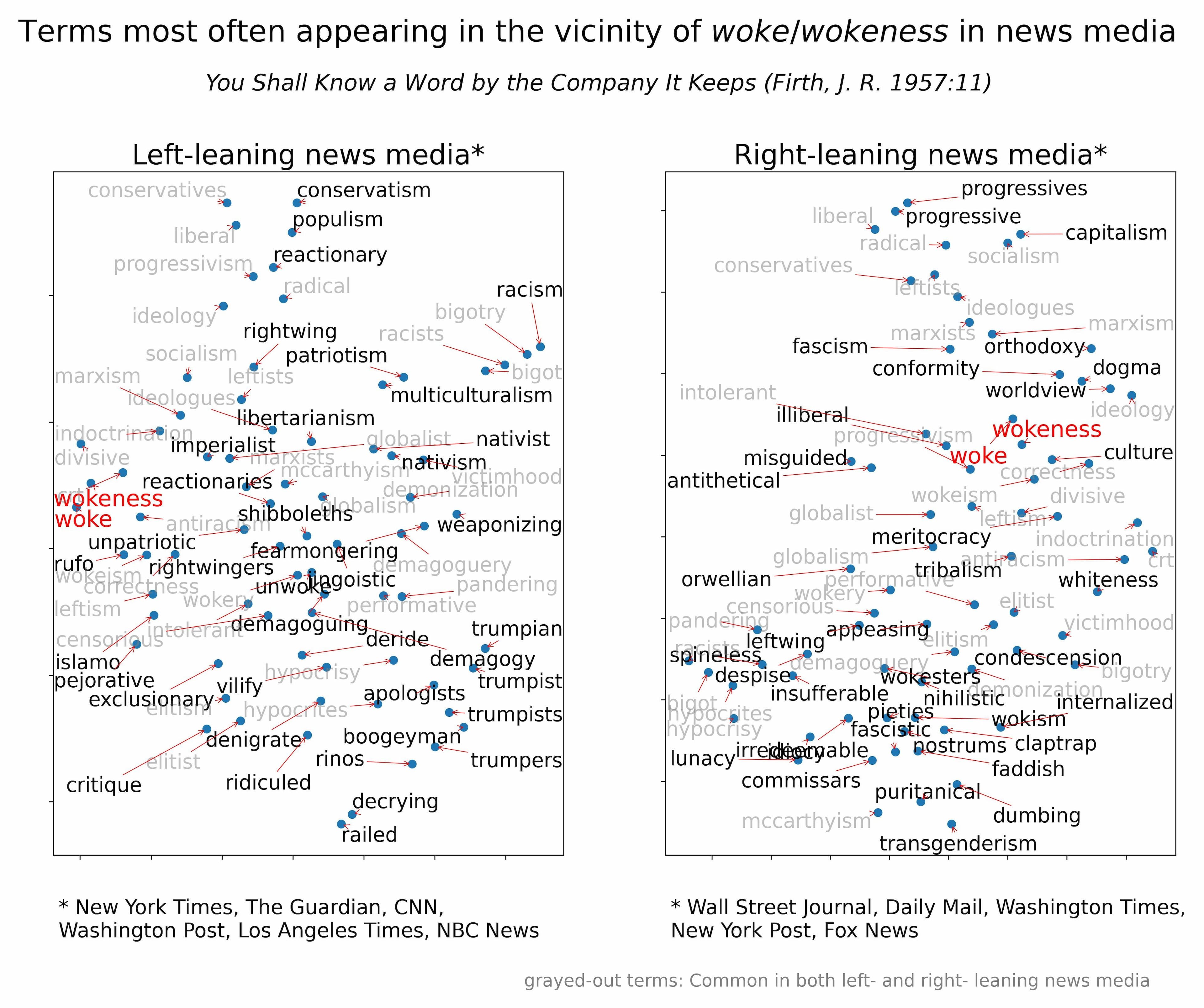Social Media Account 'End Wokeness' Claims Zero Mainstream Media Reports on Hypothetical 'Deadly Attack'

A prominent social media account, "End Wokeness," recently posted a tweet alleging a complete absence of coverage from several major news organizations regarding a hypothetical "deadly attack." The post, shared on September 7, 2025, specifically named The Associated Press, PBS, The New York Times, NPR, The Wall Street Journal, BBC, CNN, The Washington Post, Reuters, and MSNBC, stating each had "0 stories on this deadly attack." This claim highlights ongoing debates surrounding media coverage and perceived bias.
The "End Wokeness" account is widely recognized for its right-wing stance and frequent critiques of what it terms "wokeness," often extending to accusations of bias and selective reporting within mainstream media. Such social media entities frequently leverage platforms to disseminate narratives that question the impartiality and comprehensiveness of traditional news outlets. Their content often aligns with broader populist sentiments that express distrust in established institutions.
The tweet itself, which states:
"0 AP stories on this deadly attack 0 PBS stories on this deadly attack 0 NYT stories on this deadly attack 0 NPR stories on this deadly attack 0 WSJ stories on this deadly attack 0 BBC stories on this deadly attack 0 CNN stories on this deadly attack 0 WAPO stories on this deadly attack 0 Reuters stories on this deadly attack 0 MSNBC stories on this deadIy attack"
serves as a direct challenge to the listed organizations' reporting practices. Given the future date of the tweet, the "deadly attack" appears to be a hypothetical scenario used to illustrate a perceived pattern of media omission or bias rather than a specific, real-world event.
Claims of media bias, particularly a "left-leaning" slant and underreporting of certain events, are common, especially from conservative and right-wing perspectives. Research indicates a notable "trust gap" where individuals on the political right tend to express lower confidence in mainstream news sources. Social media platforms have become critical avenues for the circulation and amplification of these criticisms, shaping public discourse on media accountability and the dissemination of information. The tweet from "End Wokeness" exemplifies this ongoing tension between social media narratives and traditional journalism.